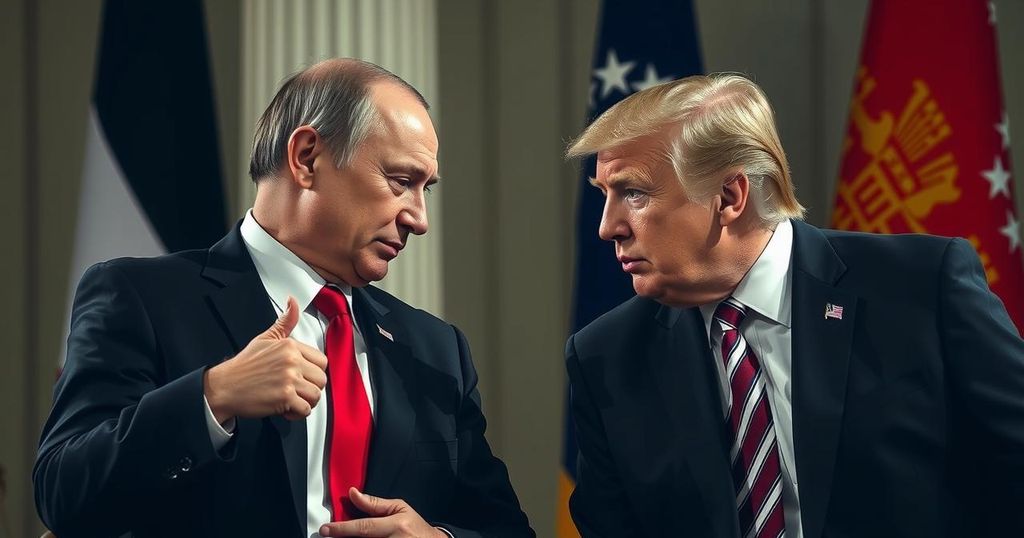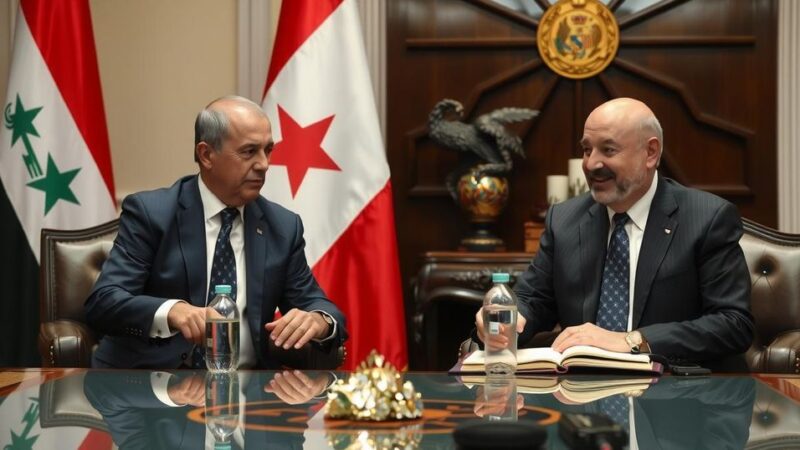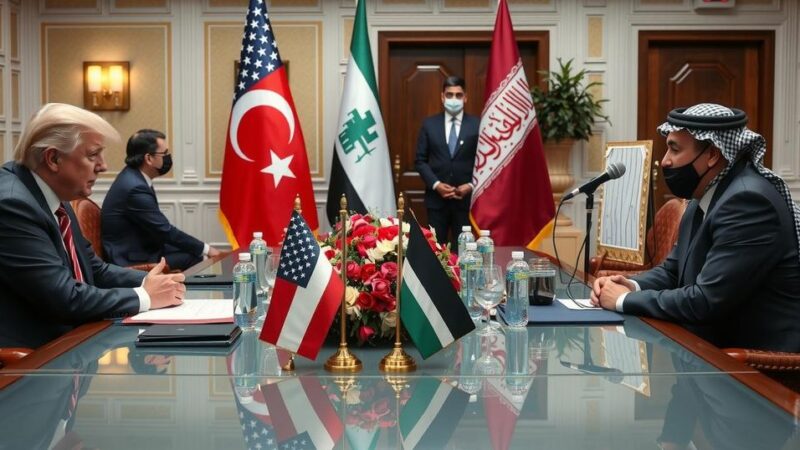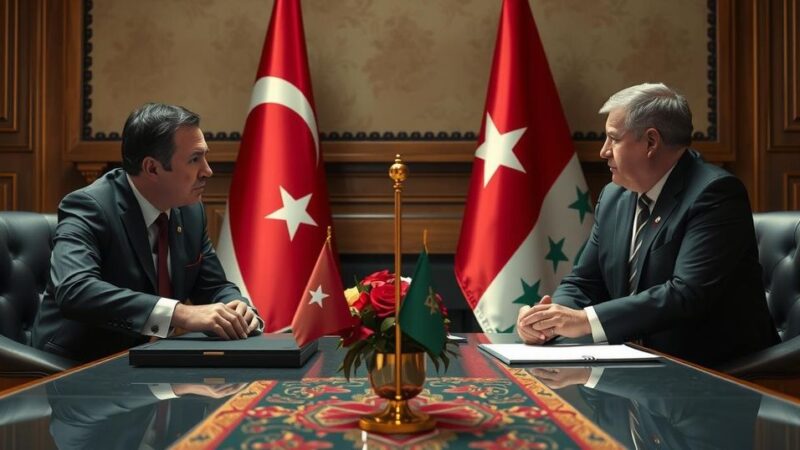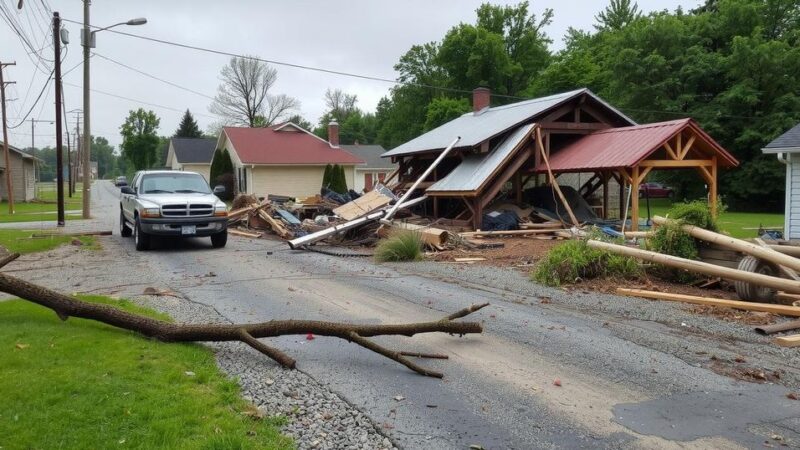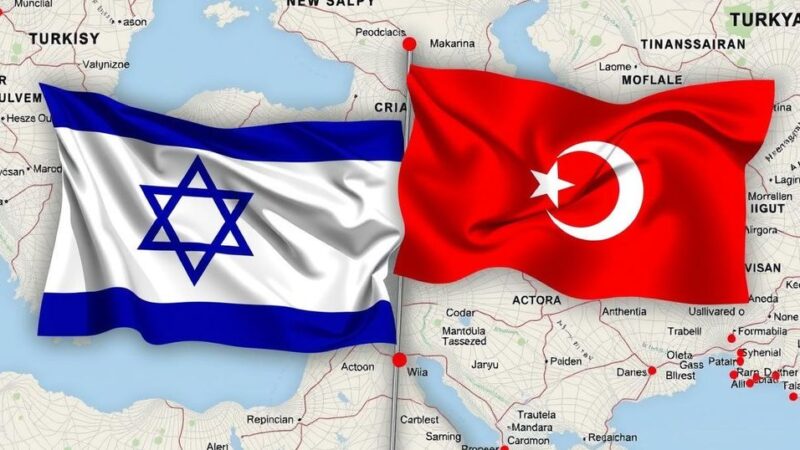Following Donald Trump’s election victory, Russian President Vladimir Putin has already begun to influence him, evidenced by a delayed congratulation and public implications of Trump owing obligations to Russia. Amid ongoing military tensions in Ukraine, questions about Trump’s preparedness to handle this power dynamic arise. The article underscores the manipulative tactics employed by Russia and the potential need for Trump to redefine his relationship with Putin, given the harsh realities of international political interests.
In the wake of Donald Trump’s electoral victory, Russian President Vladimir Putin has already begun to assert his influence over the newly-elected leader, raising considerable concerns regarding potential manipulation. Initially, Putin delayed congratulating Trump, prompting speculation about their relationship. Furthermore, following Trump’s claims of discussing Ukraine’s conflict with Putin, the Kremlin denied any such communication. Looking ahead, as Russia ramps up military actions in Ukraine, it is likely that Trump will be confronted with the stark reality of international relations, challenging his perception of personal ties with leaders like Putin. Adding to the complexity, Nikolai Patrushev, Russia’s intelligence chief, publicly implied that Trump has obligations to Russia after the election. This assertion could be interpreted as a form of psychological manipulation or even a threat, suggesting that Trump owes loyalty to the forces that supposedly aided his election campaign. This confrontation, whether based in truth or manipulation, places Trump in a precarious position as he navigates foreign policy amidst ongoing Russian interference in Western democracies, including the dissemination of false information and disruptive tactics during the election period. There remains no credible evidence that Trump or his campaign were involved in Russian initiatives to sway public opinion, yet the implications of Patrushev’s remarks raise concerns about potential leverage or kompromat that Russia may hold over Trump. His historical skepticism towards NATO and preference for a closer alignment with Putin become increasingly problematic as the nature of international politics evolves. The endorsements from the MAGA faction within the Republican Party align with Trump’s interests to revive relations with Russia, but the presidential-elect must discern the depth of Putin’s intentions. It is imperative for Trump to recognize that the alliance he perceives with the Russian leader may not be reciprocal, challenging his approach as he steps into the presidency once more.
The article discusses the intricate dynamics between Vladimir Putin and Donald Trump following Trump’s electoral victory. It highlights Putin’s strategic delay in congratulating Trump and a subsequent denial of their communication regarding the Ukraine conflict. The context includes ongoing Russian interference tactics employed during the election campaign and concerns of manipulation and potential kompromat influencing Trump’s foreign policy. It provides insight into how these interactions may affect Trump’s administration and the broader repercussions on US-Russia relations.
The evolving interactions between Donald Trump and Vladimir Putin in the context of Trump’s recent electoral victory illuminate the complexities of their relationship. With conflicting claims regarding communications and public implications of obligations, Trump faces a crucial challenge in navigating foreign policy. As Russia’s aggressive actions continue and allegations of manipulation surface, it becomes essential for Trump to reassess his stance on Putin, understanding that personal relationships may not align with national interests.
Original Source: slate.com

